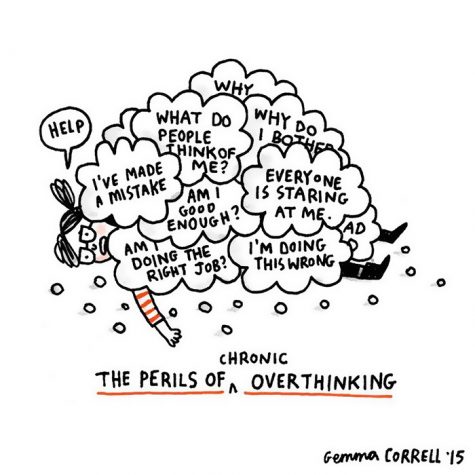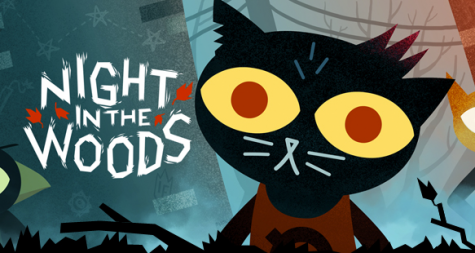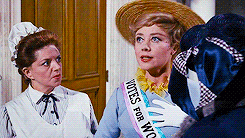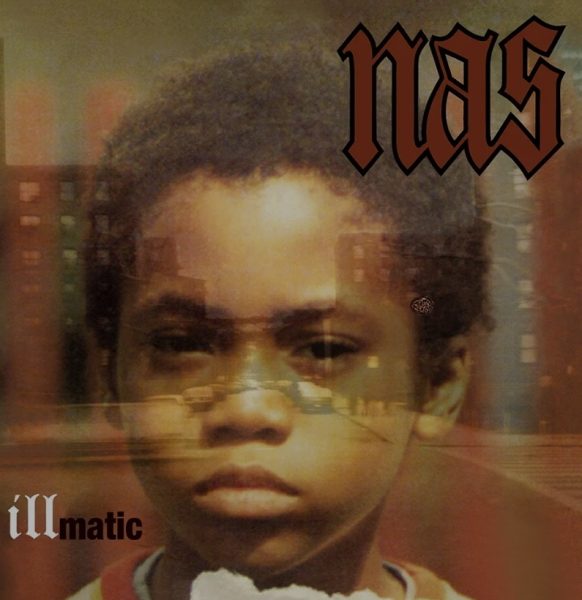I’m Over the Female Taboo, Period.

Once every few months, my body becomes the victim of a viscous, unyielding attack that is perpetrated by its own natural chemistry. Some months the attack lays dormant, tricking me into thinking I’m in the clear, as if I just might be free of any future agony. But then it happens, and I am left paralyzed from a pain so intense that I cannot move, let alone attend classes, or work, or social engagements.
When I finally see the light at the end of the tunnel, and the pain slowly subsides, I am left with the uncomfortable and frustrating task of communicating to my supervisors or professors as to why I was unable to follow through on a prior commitment.
This is what I call the female taboo. And I’m done with it.
In order to explain the full significance of my experiences with the female taboo, I will first give a little background on my own personal health journey.
Ever since I became a subject to the wonders of womanhood, I’ve had a pretty brutal ride.
I was a bit of a late bloomer in comparison to most of my elementary school friends. I got my first period in my freshman year of high school, and although thankfully I do not have any emotionally-scarring stories–like being on vacation in Italy, admiring the Statue of David, only to realize your white shorts are not so white anymore (shoutout you, bestie)–what has followed since that first, uneventful cycle has been a journey of immense frustration, pain, and medical consultations.
Throughout much of my anatomically adult life, I have struggled with an irregular and unpredictable cycle. I have dealt with emotionally devastating hormonal acne, and cramps that ranged from the kind that are just painful enough to prevent you from going out with friends, to the life-altering, debilitatingly painful, have-often-been-compared-to-childbirth-intensity kind.
For many years, I was left to deal with this monthly menace armed only with some extra strength Tylenol, a heating pad, and herbal tea. Sometimes, these methods would do the trick. Most of the time, they would only dull the pain to the point of being just bearable enough to uncomfortably go about my day. Other times, I was forcibly bed-ridden and writhing in unimaginable pain, tears streaming down my face at the pure physical exhaustion of it all.
A few years ago, I took on the monumental task of navigating the world of medical practitioners in order to find someone who could help me understand what was really going on with these troublesome periods. With the help of my mother, who has her own long, storied journey with physicians and specialists, we found a reliable OBGYN, who referred us to a endocrinologist. The endocrinologist, who we believed would be able to finally shed some light on my situation, basically informed me, “you’re fine, there’s nothing that irregular.”
Since those unfruitful consultations, I have been left with the option to find an appropriate form of birth control to try and regulate my symptoms. This has become a struggle in and of itself, and is something I am still actively working to find an agreeable option for, that fits my needs and doesn’t cause more problems for me in the process.
But circling back to the female taboo, you can see now why this frequent occurrence would only add another layer of frustration to an already (mentally and physically) exhausting scenario. On top of having to deal with the pain, the exhaustion, and the inconvenience of missing work or class, now I am left trying to find a way to explain why it is that I was unable to follow through with a commitment.
Is it too much information? Should I just say I was sick? I wish a common cold was the only thing I was actually dealing with. If I explain the real reason, will they believe me? What if they think I’m lying because it doesn’t happen every month? Will it make them uncomfortable?
Why the hell do I care?
The thoughts that roll through my mind every time I have to draft an email or send a text to someone explaining why I wasn’t able to show up contribute to the female taboo. Why are periods still such a controversy to talk about? Why is something that happens to every woman throughout half of their life cycle inappropriate to bring up in defense of a broken commitment?
These thoughts then turn to agitation and anger. First, I have to deal with the physical anguish of these episodes. Then I have to jump through mental hoops figuring out how to delicately explain to others that the reason I was absent from class today was due to the fact that my uterus had been momentarily possessed by Lucifer himself, and he was seeking untamed vengeance on my body.
I long for a day when there exists a labor law such as “paid period leave,” or for a time when college syllabi have special clauses pertaining to “absences due to episodes of menstrual abnormalities,” but until then, I’ll just be here, sending off my emails that dance around the real reason for my absences, and pining for a culture that no longer excuses the female taboo.

Nora-Grayce is a journalism major from Yonkers. She's a music and pop culture addict who lives for festivals and food. In her spare time she can be found...












